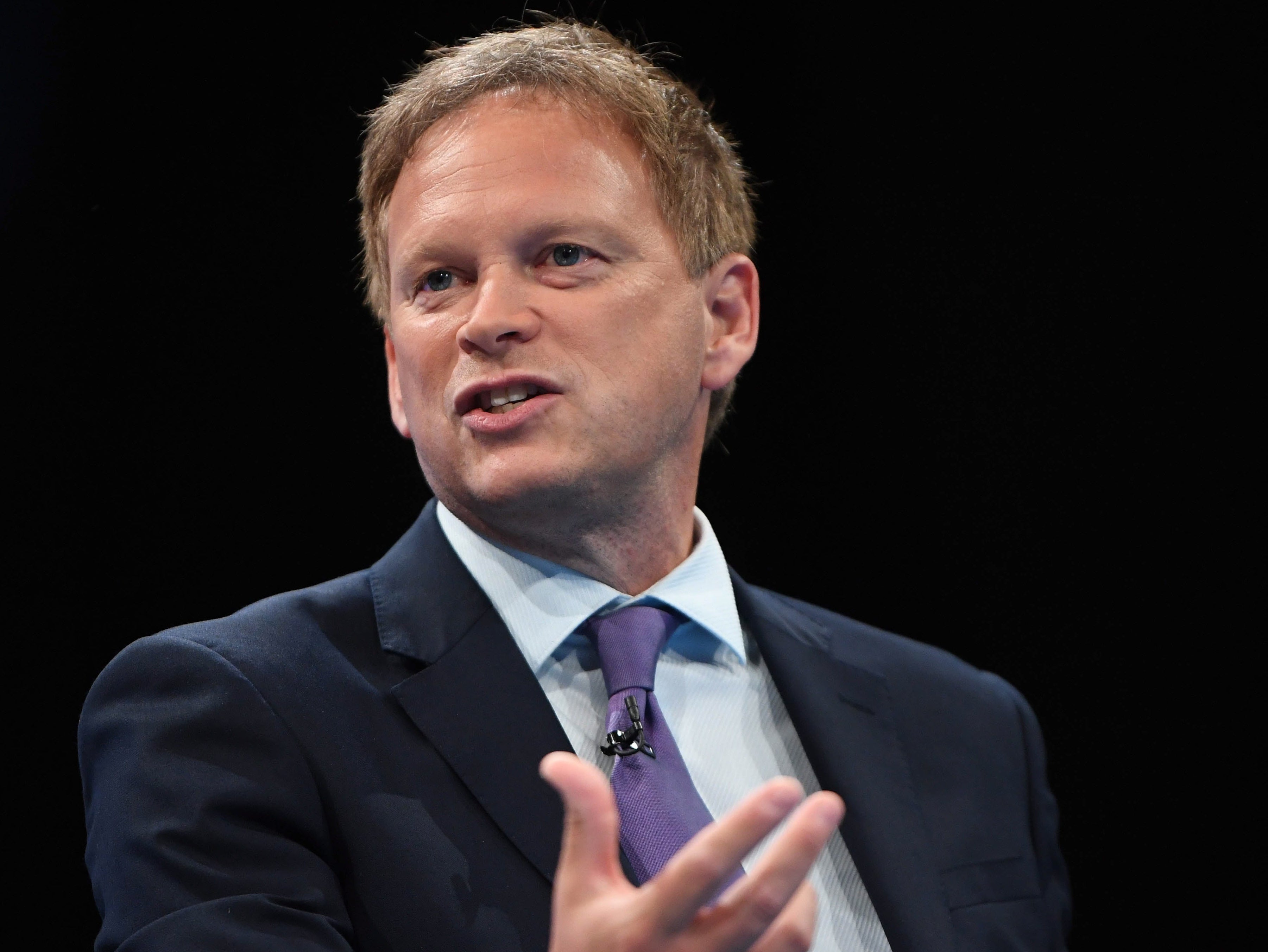‘To the government, travel perches on a spectrum between irrelevance and inconvenience’
A sign at Birmingham airport unlocks the mystery of ministers’ announcements

Your support helps us to tell the story
From reproductive rights to climate change to Big Tech, The Independent is on the ground when the story is developing. Whether it's investigating the financials of Elon Musk's pro-Trump PAC or producing our latest documentary, 'The A Word', which shines a light on the American women fighting for reproductive rights, we know how important it is to parse out the facts from the messaging.
At such a critical moment in US history, we need reporters on the ground. Your donation allows us to keep sending journalists to speak to both sides of the story.
The Independent is trusted by Americans across the entire political spectrum. And unlike many other quality news outlets, we choose not to lock Americans out of our reporting and analysis with paywalls. We believe quality journalism should be available to everyone, paid for by those who can afford it.
Your support makes all the difference.Simon Calder, also known as The Man Who Pays His Way, has been writing about travel for The Independent since 1994. In his weekly opinion column, he explores a key travel issue – and what it means for you.
How, I wondered as the train sped from London to Birmingham International on Friday, to make sense of the stream of words emanating from ministers in the past 18 hours?
On Thursday evening the government announced the red list will shrink by 87 per cent. Fifty-four nations are currently considered so risky that every arrival must pay £2,000-plus for 11 nights in hotel quarantine. But at 4am on Monday, 47 of them will suddenly no longer pose a Covid danger: people from Mexico, Thailand and South Africa can simply walk out of Heathrow.
The decision was hardly a surprise: with our astronomical infection rates compared with every other major European country, the real danger has long been from people leaving Britain rather than those arriving here. But this U-turn is matched only by the decision in May 2020 to impose quarantine on arrivals from the whole world, after a couple of months in which the UK had stood almost alone in having no travel restrictions whatsoever.
The immense emotional and economic damage that the red list has wrought can start to be repaired. Yet discovering how the government’s risk assessment could, literally overnight, change so radically was beyond me. Neither could I conceive of any justification for the UK’s refusal to recognise jabs administered in most countries worldwide.
Then there was the apparent good news from the health secretary. “We’re now making it easier and cheaper for people to travel by allowing fully vaccinated travellers from non-red list countries to use lateral flow tests on day two of arrival,” Sajid Javid claimed.
The word “now” suggested slow, expensive PCR tests have been ditched. But they haven’t, and no one will say when the change may happen.
For a sharper definition of “now”, over to transport secretary. Grant Shapps told BBC Radio 4’s Today programme that the test downgrade will take place “hopefully in time for people returning from half-term holidays potentially, and certainly by the end of October”. A million parents planning much-needed family escapes are none the wiser.
Mr Shapps moved swiftly on to Times Radio and the prospect of travel to the US. “It’s the world’s busiest route actually, by the way, the transatlantic route,” he revealed.
What, I wondered as I wandered across from the rail station to Birmingham airport, did that possibly mean? There is no such thing as “the transatlantic route”. Even London-New York – by far the busiest link between Europe and North America – fails to make the top 20 international routes worldwide, a list dominated by Asia.
Sometimes an impenetrable problem can be solved in an instant. As I carried my perplexity into the Departures area of Birmingham airport, I passed a closed-down branch of Burger King. And there, in bold banner capitals, was my answer: “Home of the Whopper.”
The mystery was solved. I realised that, to the government, travel perches on a spectrum between irrelevance and inconvenience.
Rather than address the monumental problem of reconnecting people and rebuilding a shattered travel industry, ministers take the simpler path of issuing a stream of incoherence and inaccuracies.
Trivial for them; toxic for travellers and the millions of jobs that depend on them.
Join our commenting forum
Join thought-provoking conversations, follow other Independent readers and see their replies
Comments